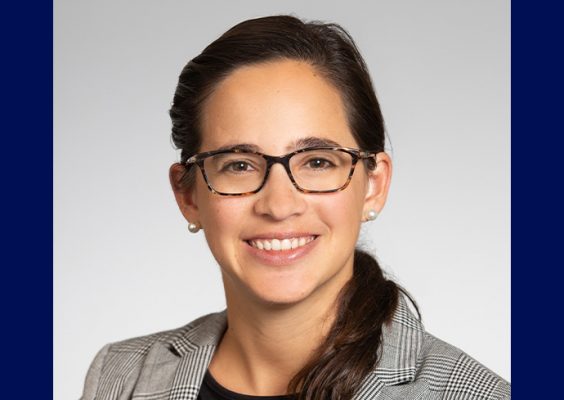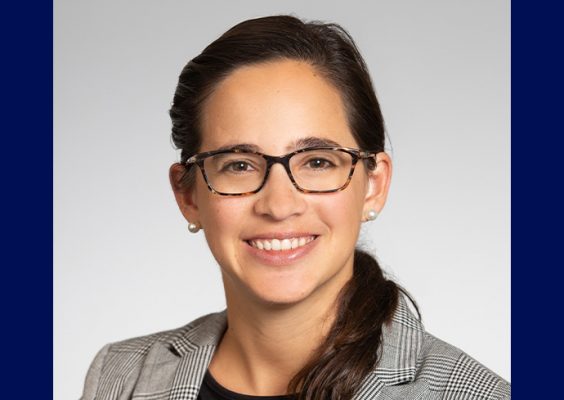$1.5M Grant Expands Study of ‘Pay to Stay’ Fees for Incarcerated Individuals
Gabriela Kirk-Werner, assistant professor of sociology in the Maxwell School of Citizenship and Public Affairs, is among a trio of researchers who have received a $1.5 million grant from Arnold Ventures to analyze the relationship between the prison system, politics and state finances.

Kirk-Werner and her counterparts have created the Captive Money Lab to study so-called “pay-to-stay” statutes that leave millions of incarcerated individuals subject to the partial or total cost of their imprisonment.
The controversial practice contributes to widening inequalities in American society, according to Kirk-Werner and longtime collaborators Brittany Friedman, assistant professor of sociology at the University of Southern California, and April D. Fernandes, associate professor of sociology at North Carolina State University.
Arnold Ventures is a philanthropic organization that supports policy research projects addressing inequities and injustices in American society. Its five-year funding pledge supports the lab’s mission to advance research, policy and advocacy around the political economy of punishment.
Kirk-Werner first became interested in pay-to-stay policies in 2016 as a graduate student at Northwestern University. Friedman, a fellow graduate student, had discovered a little-known Illinois statute allowing the state’s attorney general to sue incarcerated people for their prison stay. She submitted a Freedom of Information Act request asking for records on the practice and, intrigued by what she found, joined Fernandes and Kirk-Werner in launching the first in-depth study of states’ pay-to-stay policies, specifically the use of civil lawsuits to recoup money.
“We found that states largely enforce pay-to-stay unevenly, often imposing these laws amid financial turmoil as a means to boost the state’s balance sheet,” says Kirk-Werner.
The researchers witnessed cash-strapped states using pay-to-stay laws, a practice first employed during the Great Depression, to seize stimulus checks amid the COVID-19 pandemic. “States increase their reliance on these laws at will, most likely when prompted by financial hardships and budget shortfalls,” Fernandes explains. “So incarcerated people could be subject to the seizure and collection efforts of the state through pay-to-stay.”
Read the complete story, written by the Maxwell School’s Jessica Youngman with the University of Southern California’s Daniel P. Smith, on the Maxwell School website.



